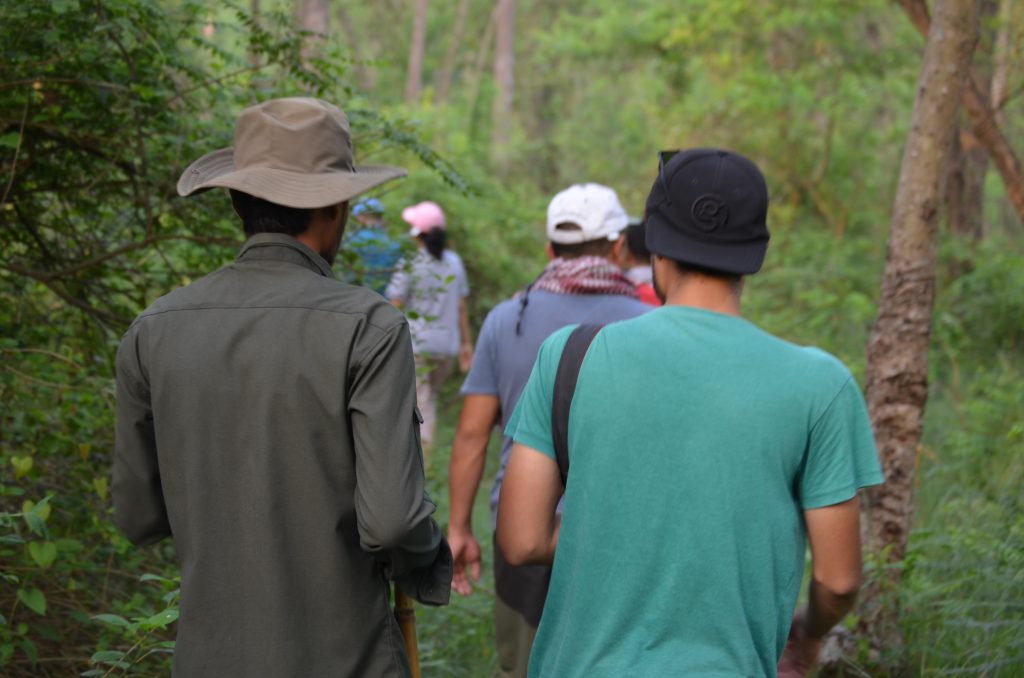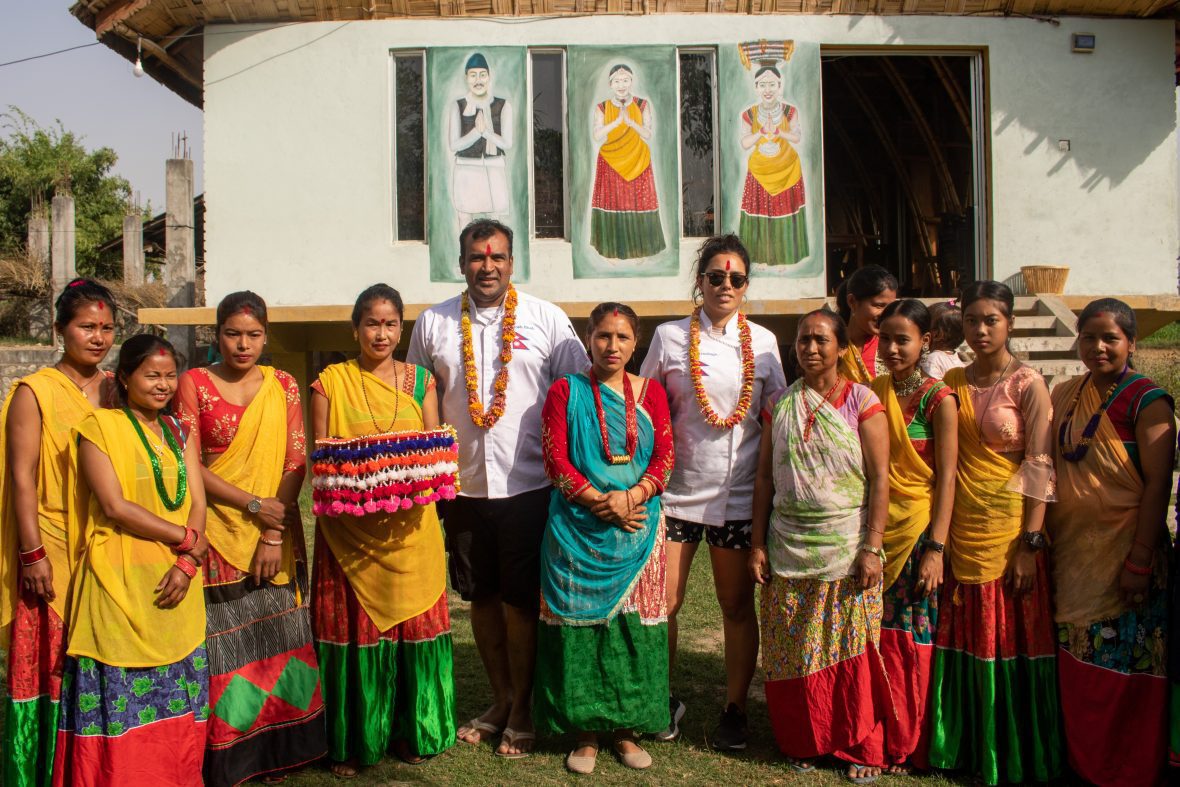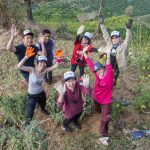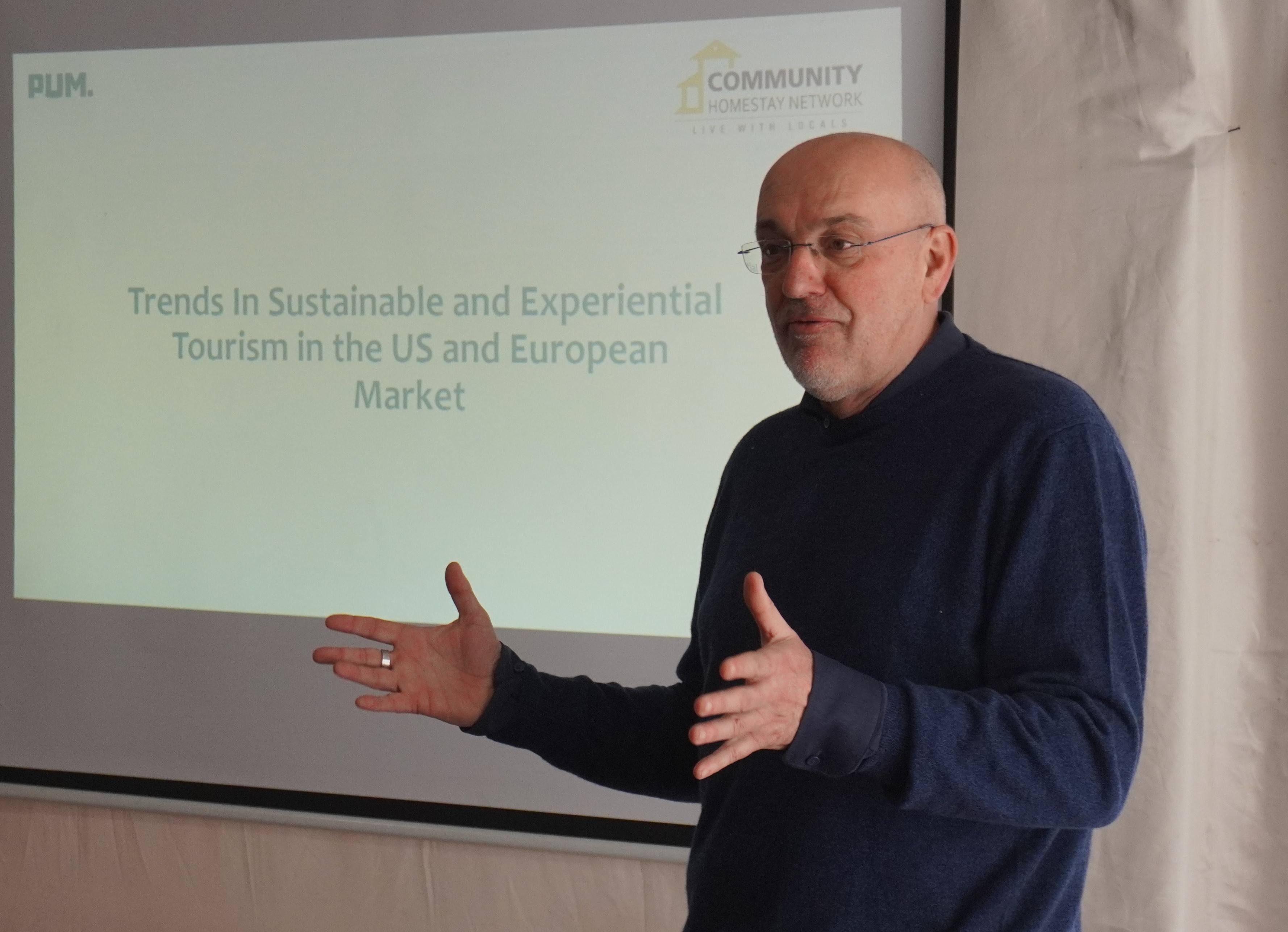What is Community Tourism and how does it work?
Community Tourism (CT) is a type of tourism that focuses on the local community and its culture. It is a way for tourists to experience the local way of life and to learn about the history and traditions of the community. While CT allows travelers to explore a destination’s culture and lifestyles with the locals, it is also a great way to support local businesses and to help the community to develop.
Community tourism offers travelers a unique and immersive experience that goes beyond the typical tourist attractions. It allows visitors to fully embrace the destination’s culture by engaging with local communities and participating in their everyday activities. One of the highlights of CT is indulging in delectable traditional cuisine, where travelers can savor authentic flavors and learn about local culinary traditions.
Additionally, CT provides opportunities for travelers to stay with local families, providing a more authentic and culturally enriching accommodation experience. Moreover, engaging in everyday activities like strolling through local markets or participating in handicraft workshops allows travelers to interact with locals on a personal level. These activities provide insights into the daily lives of community members and foster meaningful connections between visitors and locals.

Overall, community tourism presents an incredible opportunity for travelers seeking meaningful experiences that go beyond surface-level sightseeing. By immersing themselves in the local culture through food, accommodation, and everyday activities, travelers can forge connections with communities and create lasting memories while supporting sustainable tourism practices.
The Environmental Benefits
One of the key advantages of community tourism is its positive impact on environmental preservation. Unlike mass tourism, which often leads to negative consequences like overdevelopment, pollution, and depletion of natural resources, CT promotes activities that align with nature.
Travelers are encouraged to engage in practices such as organic farming, wildlife conservation, and cultural experiences. By actively participating in these activities, visitors provide economic support to local communities, further motivating them to protect their natural resources. For instance, communities are more inclined to preserve forests when they can generate income through ecotourism activities like hiking and birdwatching. In this way, CT fosters a sustainable balance between tourism and environmental conservation.

An inspiring example of community tourism initiatives in conservation can be taken for Bardiya. Understanding the importance of wildlife and the opportunities it brings, the Community Anti-Poaching Unit (CBAPU), was formed by passionate young individuals and is dedicated to the protection of wildlife and forests in the community. They conduct regular patrols in the community forest to thwart poaching and illegal logging activities while actively educating locals about the importance of conservation. (source Inside himalayas)

The Economic Benefits
By offering activities such as homestays, guided tours, handicraft production, culinary and other tourism experiences, community members can earn a livelihood from tourism. This offers the local communities a diverse income source and avenues for economic growth. This income diversification helps in many communities to reduce dependency on traditional economic activities and creates new opportunities for entrepreneurship.
In addition to direct income generation, community tourism also has ripple effects on local economies. When tourists visit these communities, they spend money on transportation, souvenirs, and other goods and services. This infusion of tourist spending stimulates local businesses. As a result, employment opportunities are created for locals beyond just those directly involved in tourism activities. CT thus serves as a catalyst for economic development, fostering a vibrant and sustainable local economy.

The Panauti Bike Station and Kaula Chhen in Panauti exemplifies the ripple effect of community tourism. Recognized the positive impact of tourism and the socio-economic benefits it brought to families through initiatives like community homestays. The Panauti Bike Station, driven by the energy and involvement of local youths, has established itself as a mountain bike tour company, creating employment opportunities for the younger generation. On the other hand, Kaula Chhen, initiated by a women’s group, offers an authentic Newari dining experience in Panauti. Together, these ventures contribute significantly to the overall development and sustainability of their community through tourism.

The Social Benefits
Community tourism plays a pivotal role in preserving and promoting local culture and heritage. By actively involving locals in sharing their traditions, customs, arts, and crafts, community tourism ensures the safeguarding of cultural diversity. This not only offers tourists an authentic and immersive experience but also instills a sense of pride among locals for their rich cultural heritage.
An excellent example of this is the initiative to promote and conserve Nepal’s ancient script, the Ranjana Lipi. Through close collaboration with Kirtipur Community Homestay, Community Homestay Network has developed a workshop where travelers can participate, learn about the script, and write a final memento in Ranjana Lipi. This unique workshop has gained popularity among both domestic and foreign travelers. Local figures like Gyan Bahadur Maharjan and Buddhilal Maharjan actively engage with visitors during the sessions, contributing to the preservation and promotion of this traditional script. The initiative has empowered community members as cultural ambassadors and helped raise awareness of Ranjana Lipi.

Empowering Women and Local Communities through Community Tourism (CT)
Furthermore, an important social benefit of community tourism is the empowerment it brings to women and local communities. In many areas, CT has empowered women by providing them with financial independence and opportunities to participate in tourism enterprises. By including women in decision-making processes, offering training in hospitality skills, and creating economic avenues, community tourism has improved the quality of life for women and the entire community.
Additionally, as communities develop facilities such as homestays, guesthouses, and basic amenities like clean water supply and sanitation facilities to cater to tourists, both locals and visitors benefit. These infrastructure developments enhance the overall travel experience while simultaneously improving the quality of life for the host community in the long run.
Community Tourism (CT) has brought transformative changes to Barauli, especially for women. Through CT initiatives, women have gained newfound confidence, financial independence, and earned respect within their community. The income generated from tourism activities has significantly improved their livelihoods. Participation in decision-making processes has also contributed to their empowerment. The local economy has thrived with the establishment of the community homestay.








